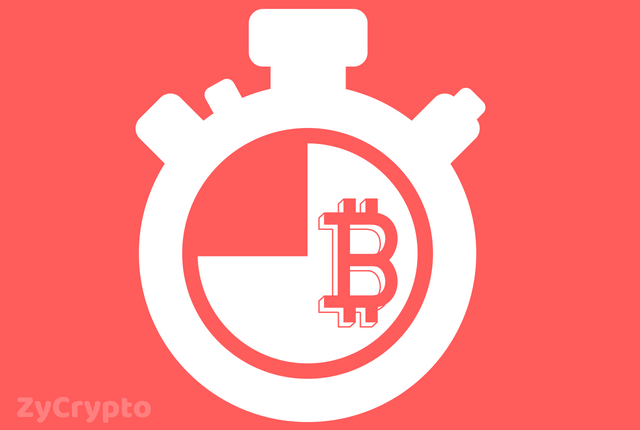In the last few years, the crypto world has seen a sharp upscale both in the introduction of new promising tokens and an increase in transaction volumes. In 2018, Bitcoin alone is already hitting the $1.3 trillion mark in transaction volume.
At this point, Bitcoin has already surpassed other popular players like PayPal and Discover, only becoming second to Visa. All other payment processors trail behind Bitcoin in terms of transaction volumes.
The Crypto Future Looks Bright
Yassime Elmandjra, a crypto analyst working for ARK Investment, has something to say about this development. According to him, this trend signals a promising future for the cryptocurrency as well as other altcoins. In a tweet, Yassine posted a graph illustrating Bitcoin’s original transaction volume as compared to those of UnionPay, Visa, Discover, and MasterCard.
In 2016 alone, Visa handled around $8.9 trillion in transaction volume. In fact, the total transaction volume of all cryptocurrencies currently in the market doesn’t even get close to that of Visa alone.
However, that doesn’t mean that the status-quo will remain forever. With many cryptos gaining good foothold in the industry and getting popular in the global payment ecosystem, it’s pretty certain that thing could very well change soon.
In fact, data obtained from Blockchain indicates that Bitcoin has been experiencing an annual 80% increase in transaction volumes in the past half decade, a trend that hit its peak back in 2017 when the Bitcoin market experienced a cool eightfold upshot. For a digital asset that many good experts consider a niche market, that kind of increase is good news.
Can Bitcoin Surpass Visa?
The only question now is whether the market will maintain the same growth rate. If that happens, then Bitcoin could very easily knock Visa out of the race as it will have achieved upwards of $13 trillion worth of transactions by 2022. That sounds as interesting as it could happen.
However, this doesn’t in any way imply that users have to transact trillions spending on goods and services using cryptocurrencies. As a matter of fact, a majority of Bitcoin transactions actually happen in speculative trading.






